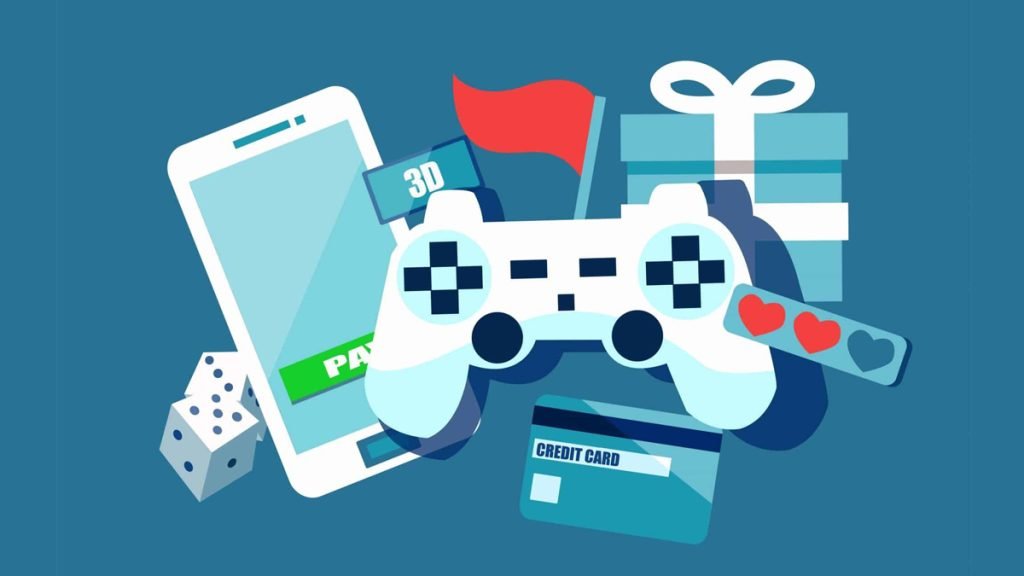Is video game addiction a disorder? A gaming disorder, sometimes called “video game addiction,” is a pattern of gaming behavior—including online gaming or offline video games—that is difficult to control and which continues unabated despite serious negative consequences in all other areas of life.
According to experts, extreme stress-driven gaming is an “addiction” in the same sense as drug and alcohol addiction. But recently gaming has been officially recognized as a mental health condition by the World Health Organization (WHO), in the 11th edition of the International Classification of Diseases (ICD-11). “Gaming Disorder” was included. According to this guideline, gaming disorder is defined as “impaired control” over gaming, causing it to take precedence over other interests and activities. Gaming disorder affects not only personal but also office affairs.
Although gaming disorder is not included as a mental disorder in the Diagnostic and Statistical Manual, which is widely used for behavioral health diagnoses in the United States, gaming disorder was included in DSM-5. More research is needed now.
Symptoms of such a disorder are obvious, such as irritability or sadness, loss of control when Internet gaming stops, or an increased need for gaming; Deception about one’s gaming amount. and unsuccessful attempts to control one’s gaming.
When is gaming a mental health problem?
Online and offline gaming can have social and recreational benefits, and most people who play them will not exhibit clinically harmful use. Behavior of concern to mental health professionals involves a long-term or recurring habit that affects an individual’s functioning outside of sport and may impair close relationships or educational or career goals. Acquisition may be interrupted.
An emotional preoccupation with sports or even an extended bout of intense gaming does not indicate a disorder or addiction if it does not interfere with one’s life. ICD-11 suggests that hard-to-control gaming that interferes with other aspects of life must be evident for a year or longer to be diagnosed.
Because gaming disorders are defined and measured in different ways, their prevalence estimates vary widely. Representatives of the WHO, which established gaming disorder as a diagnosis, have emphasized that the number of people who can be classified is very small overall. According to the DSM-5, Internet gaming is most common among adolescent males.

